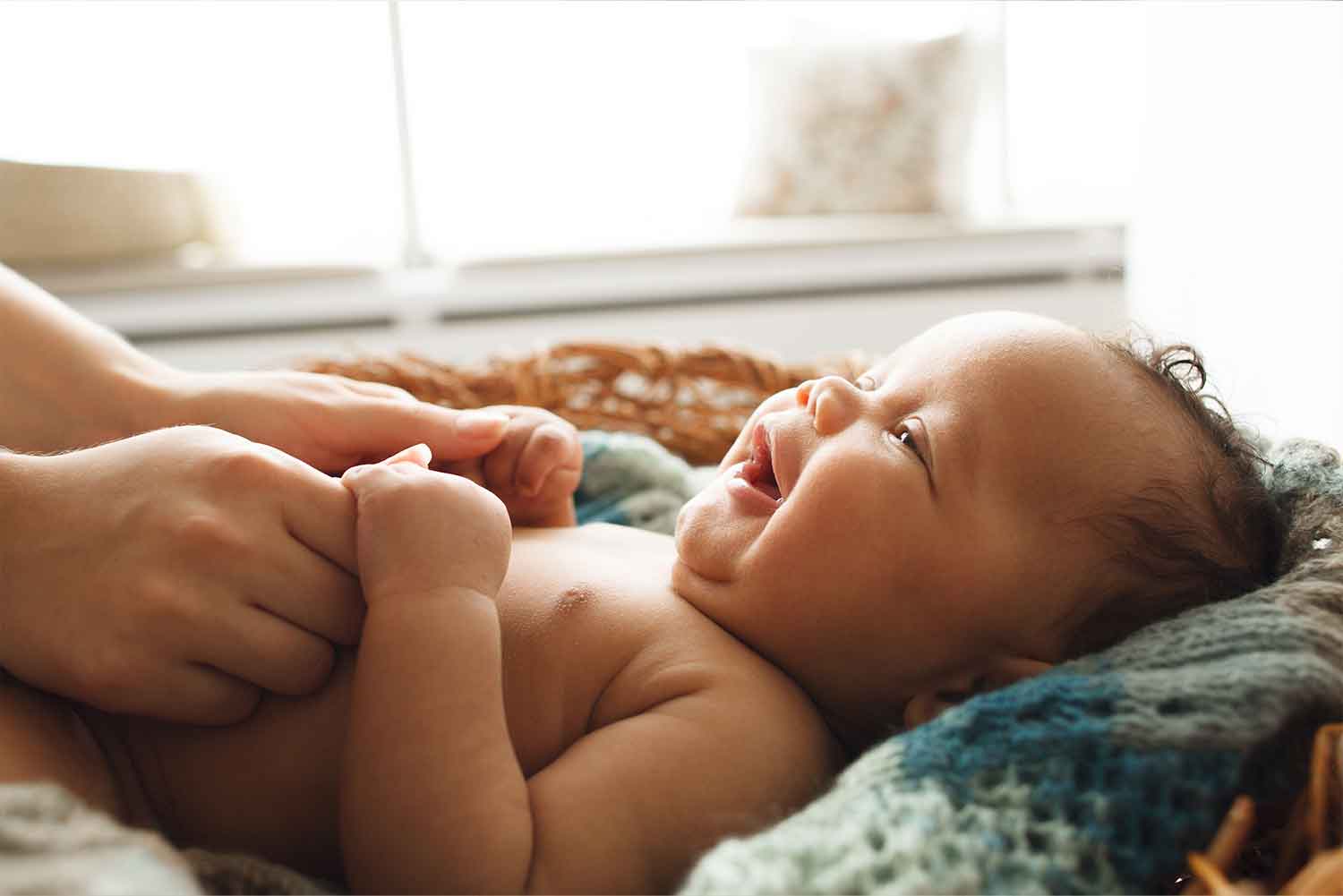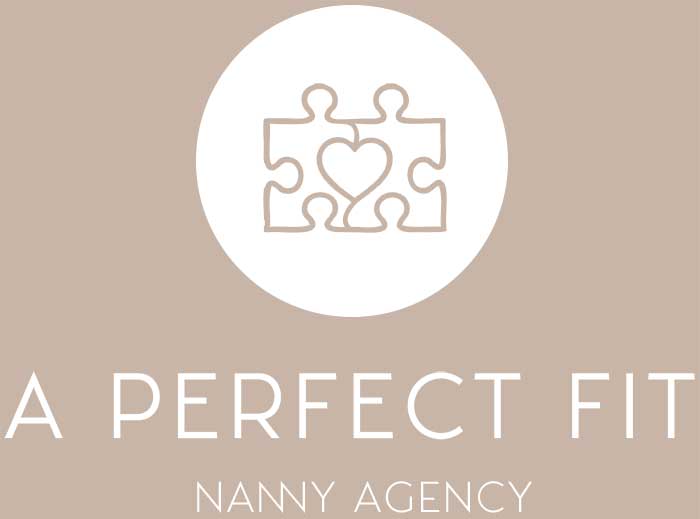Are Nanny Cams Legal?
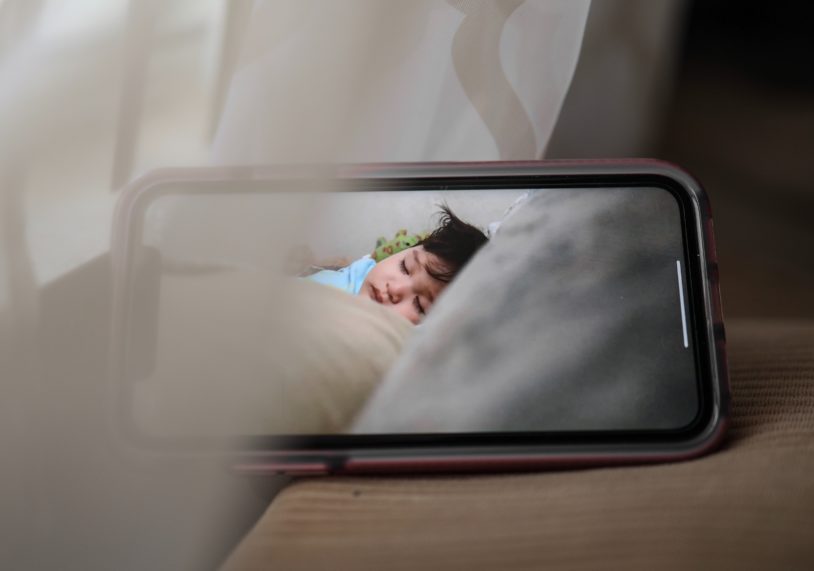
*Disclaimer: The information provided in this article does not constitute legal advice. Always be sure to check with a local attorney on the laws in your specific state before installing nanny cams in your home.
Even when you’ve carefully vetted a nanny, babysitter, or caregiver, there’s always a sense of apprehension when you have to go outside of your home, leaving your kids in someone else’s care. Nanny cams, while somewhat controversial, can put your mind at ease, knowing you can easily access the feed and check in on your kids. Because of this, nanny cams are growing in popularity with parents, but are nanny cams legal?
What Are Nanny Cams?
Nanny cams are essentially a type of in-home surveillance that parents use to monitor the individuals they have hired to watch and care for their children. While some cameras are solely designed for monitoring caregivers, many fall under the general scope of in-home surveillance, often as a part of a smart device, tracking all activity in the home, whether it is a nanny, a housekeeper, or a pet sitter.
A variety of nanny cams are available on the market, with some recording just video while others record audio as well. Likewise, there are some that you review recordings after-the-fact and others that link to your smartphone via an app that allows you to live stream the video at any given time.
Are Nanny Cams Legal?
Unfortunately, it’s not a clear-cut answer since every state treats video and audio surveillance differently.
The bottom line is that it is legal to install a nanny cam in your private home in all 50 states as long as they:
- Are installed solely for the purpose of making sure your children are safe, that your property isn’t stolen, and that your home is not being damaged
- Are not installed where there is an expectation of privacy such as bathrooms or a private living quarters for a live-in nanny or caretaker
- Are not used for commercial purposes, spreading private information publicly, or criminal behaviors such as blackmail
The main difference between state laws when it comes to in-home surveillance is the type of consent that is required. Some states require one-party to give consent, while other states require a nanny to consent before any recording is made. When it comes to consent, it’s always important to remember that a parent cannot give consent for the caretaker or nanny.
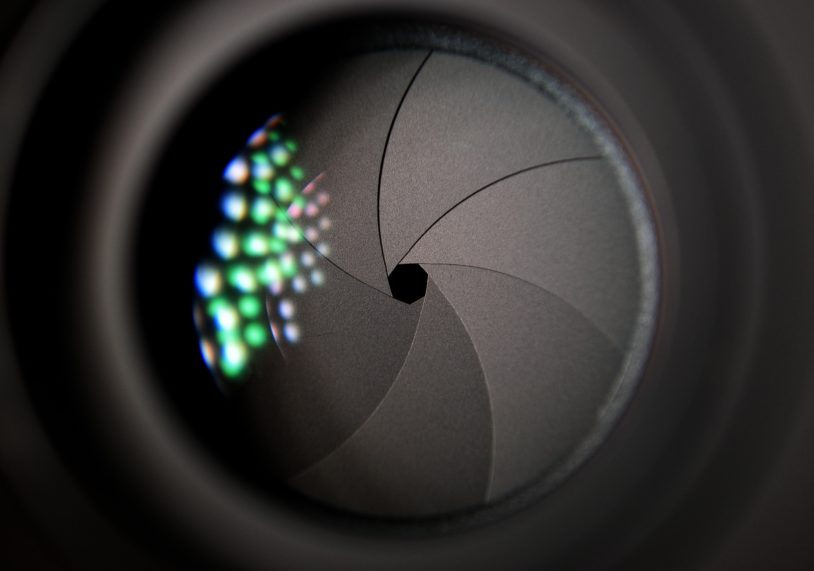
If you are looking to install a nanny Cam in your home, your best bet is to look at the camera features and verify your state’s laws regarding consent and video and audio surveillance. Here’s a break down of what is legal when it comes to nanny cams:
- Legal to record the audio of a private conversation, if you are a part of the conversation, without informing the other party (also known as one-party-consent) in:
- Alabama
- Alaska
- Arizona
- Arkansas
- Colorado
- Connecticut
- Delaware
- District of Columbia
- Georgia
- Hawaii
- Idaho
- Indiana
- Iowa
- Kansas
- Kentucky
- Louisiana
- Maine
- Minnesota
- Mississippi
- Missouri
- Nebraska
- Nevada
- New Jersey
- New Mexico
- New York
- North Carolina
- North Dakota
- Ohio
- Oklahoma
- Rhode Island
- South Carolina
- South Dakota
- Tennessee
- Texas
- Utah
- Virginia
- West Virginia
- Wisconsin
- Wyoming
- Legal to record both video and audio if you notify your nanny, preferably in writing, before recording (also known as two-party-consent) in:
- California
- Florida
- Illinois
- Maryland
- Massachusetts
- Michigan
- Montana
- New Hampshire
- Oregon
- Pennsylvania
- Washington
Note that Vermont does not currently have a law regarding consent and in-home surveillance. For those of you living in Vermont, you can use nanny cams and get consent based on your discretion. But, the best protection always comes from getting consent before recording.
Regardless of your state, always be sure to only place your nanny cam in areas of your home where there is no expectation of privacy.
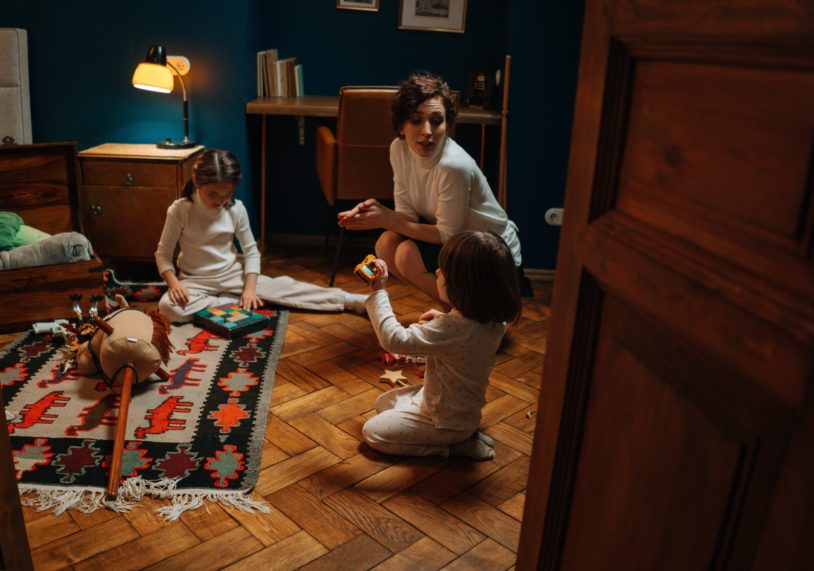
Should I Tell My Nanny About The Nanny Cams?
Once you’ve decided to install nanny cams, the burning question becomes: should you tell your nanny that you have installed them? In some states, you may be legally required to disclose the cameras to your nanny or babysitter. Even if you are not required by law, most nannies will feel better knowing about the camera upfront.
Protecting your children and your home while maintaining a relationship of trust with your nanny can be difficult to balance. Telling your nanny about the nanny cams upfront and explaining why and where you have installed them helps protect the relationship you are building with them.
When sharing that you have nanny cams with your nanny, it can be helpful to emphasize that installing a nanny cam gives you peace of mind knowing that you can check in to make sure everything is going smoothly without having to disrupt their day. Remember, the main goal of nanny cams is to deter negative behavior and prevent instances of neglect.
Additionally, when telling your nanny about the nanny cams, it is best to just tell them they are in the home and that you’ll be accessing them from time to time. There is no need to specifically mention their whereabouts. If you wish, you can clarify that they are not in private areas of the home. This can help keep the interaction between your nanny and your children as natural as possible
Keep Everyone Safe
Nanny cams are legal in all 50 states. But, you must also consider the safety concerns that can arise from installing them. When there are in-home surveillance cameras in multiple rooms of the home, hackers could easily track movement in the home. This potentially puts you, your children, and your caregiver at risk.
You can take simple safety precautions to prevent your nanny cam from getting hacked. The number one thing you can do is change the default password on your Wi-Fi router and your nanny cam. The new password should be a difficult-to-guess combination of letters, numbers, and special characters. It should also be changed regularly every couple of months. Another important step you can take is to register your nanny cam with the manufacturer. Doing so will ensure you receive updates for security, firmware, etc.
It’s About Being Comfortable
Choosing to install a nanny cam does not mean that you don’t trust the nanny or babysitter you have chosen for your kids. Rather, it’s about being comfortable that there are no major issues and everything is going smoothly in your home. While a nanny cam can put your mind at ease, who you choose to watch your kids when you are not at home is just as important. Follow A Perfect Fit to find the resources you need to help you find the right nanny for your family.



